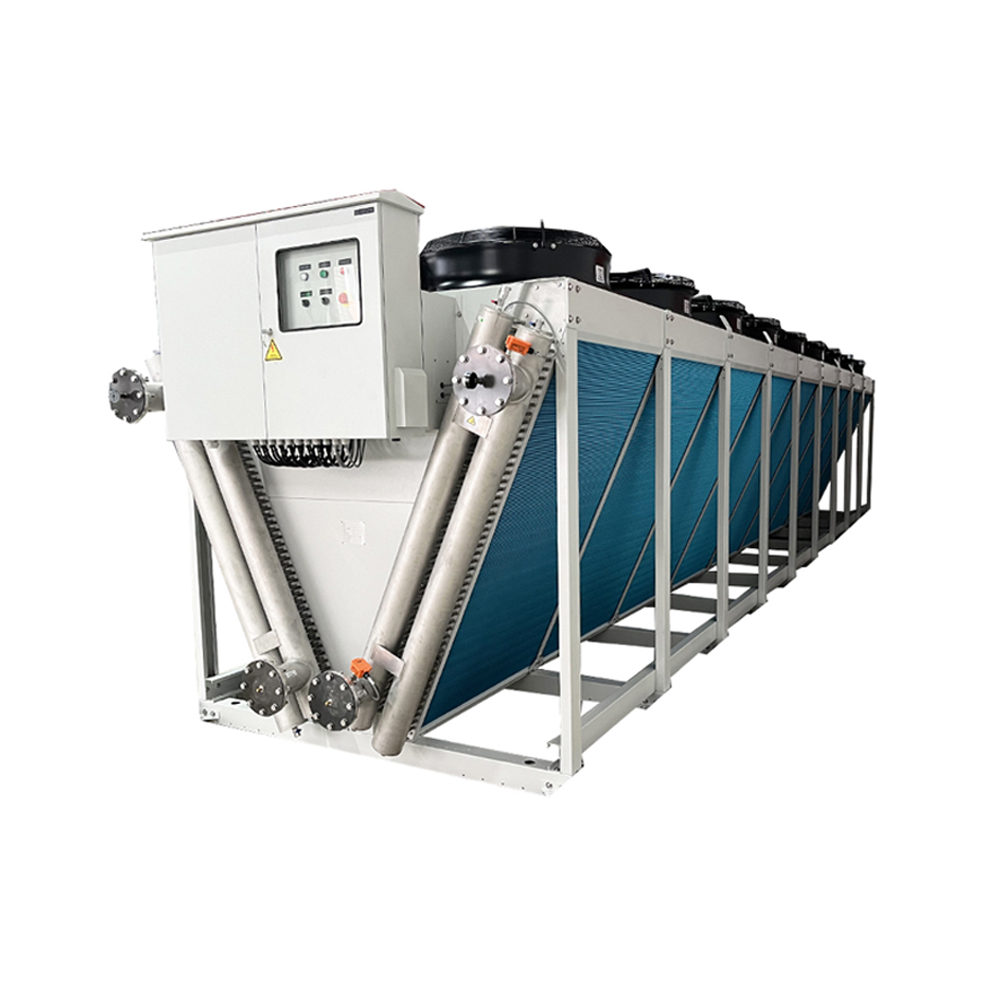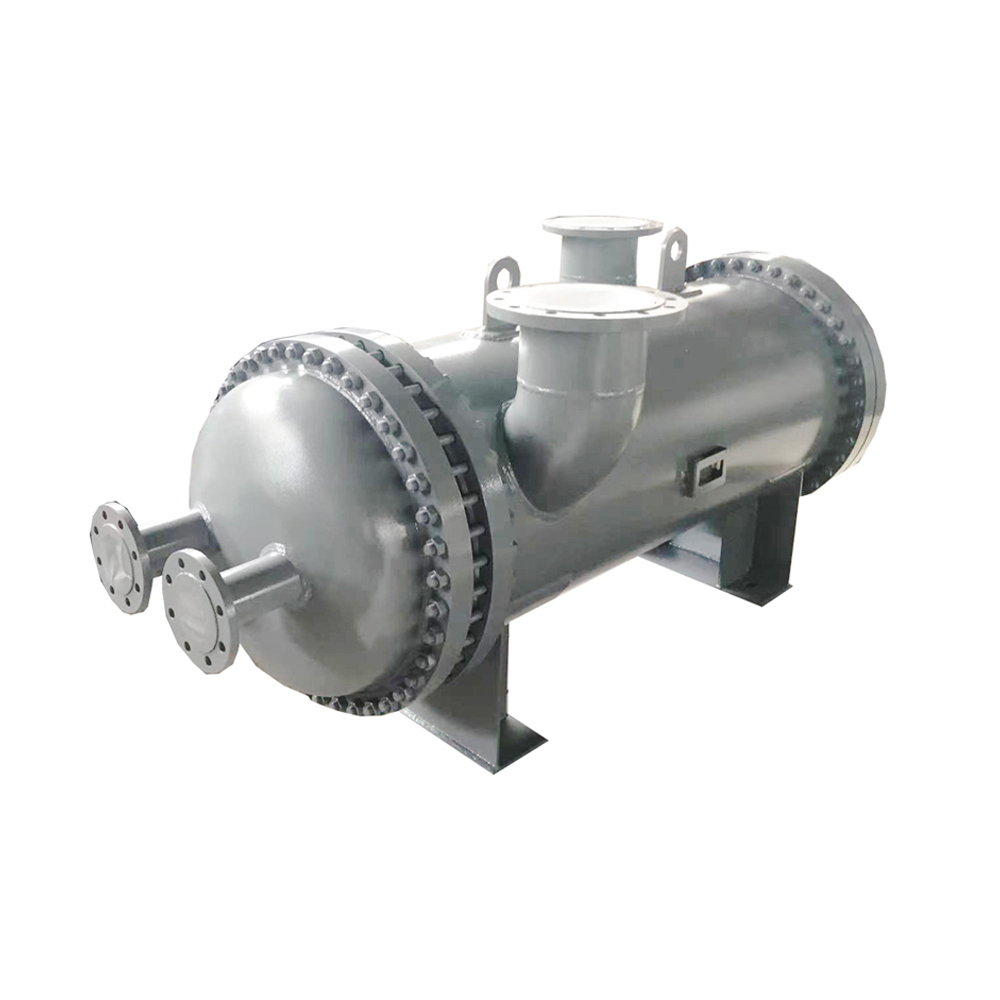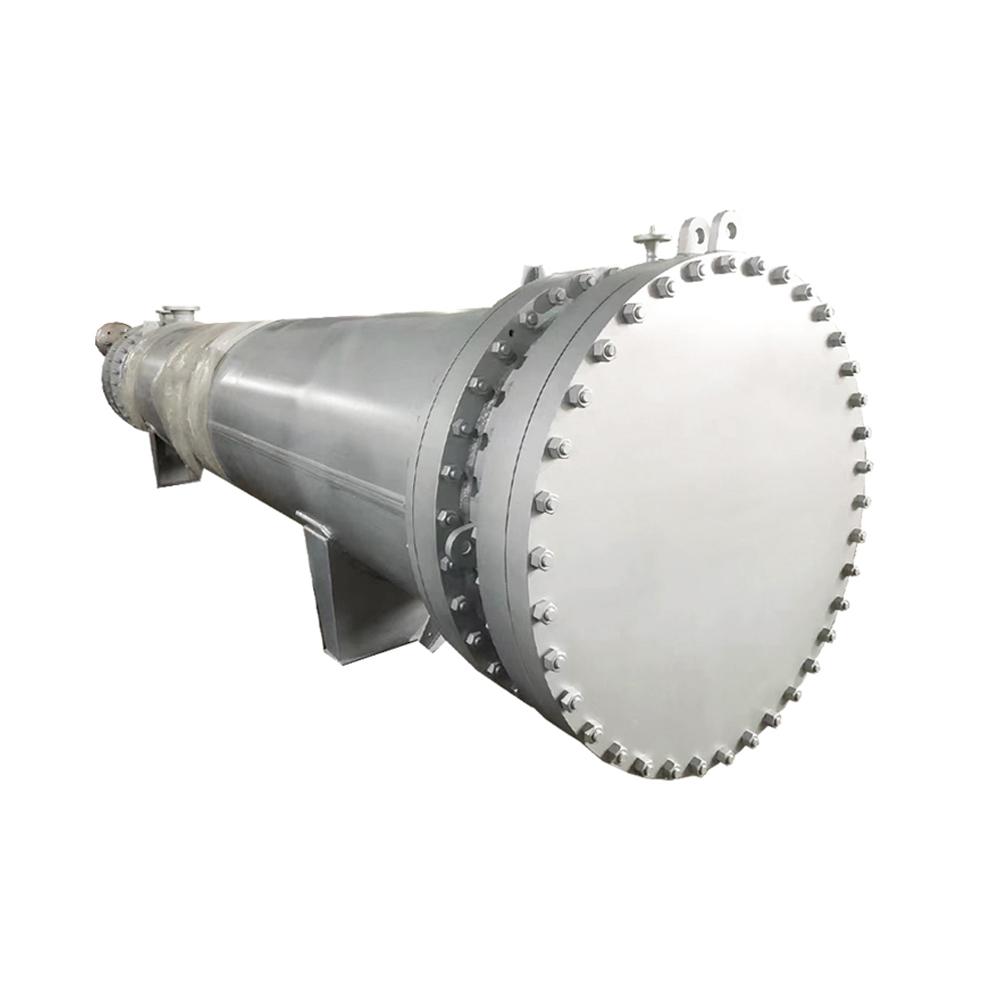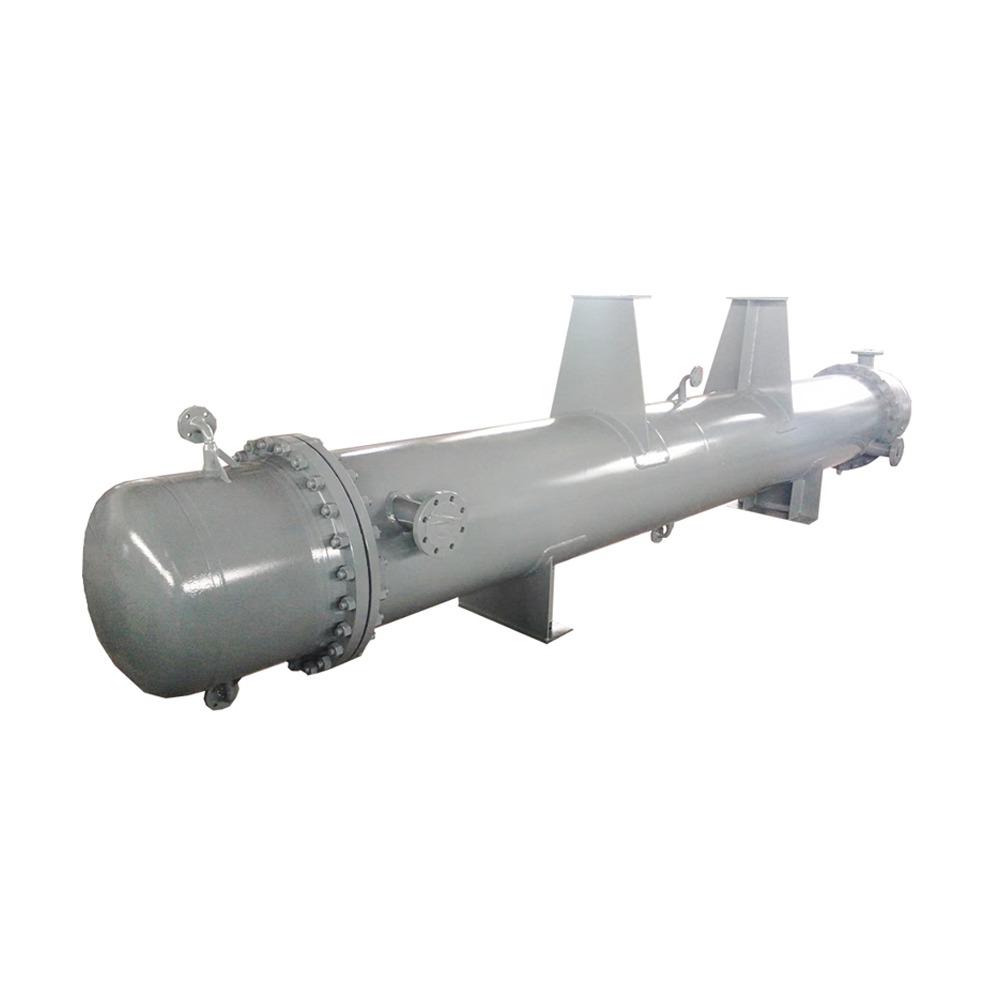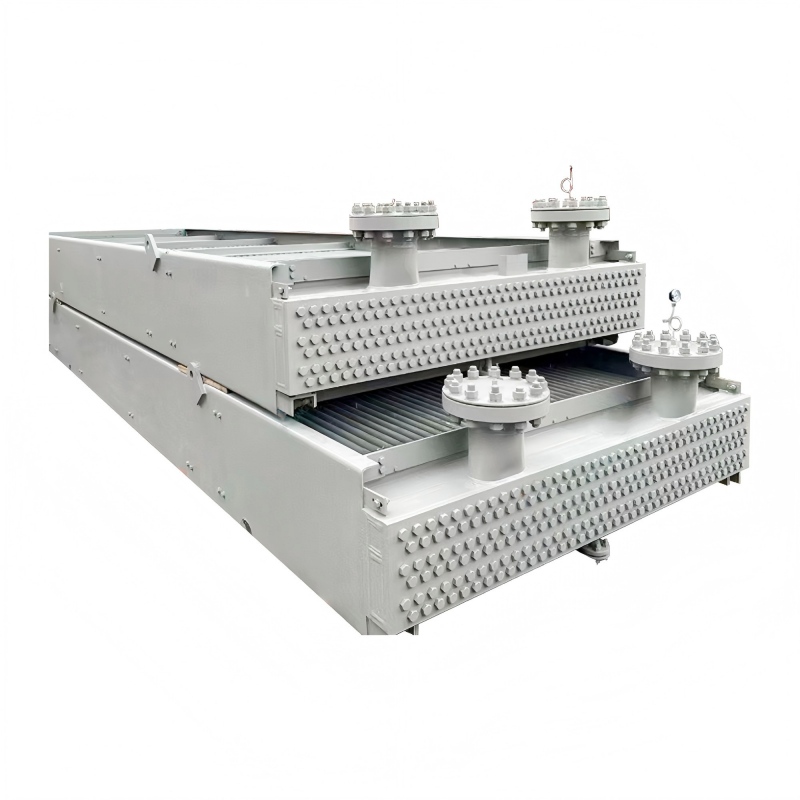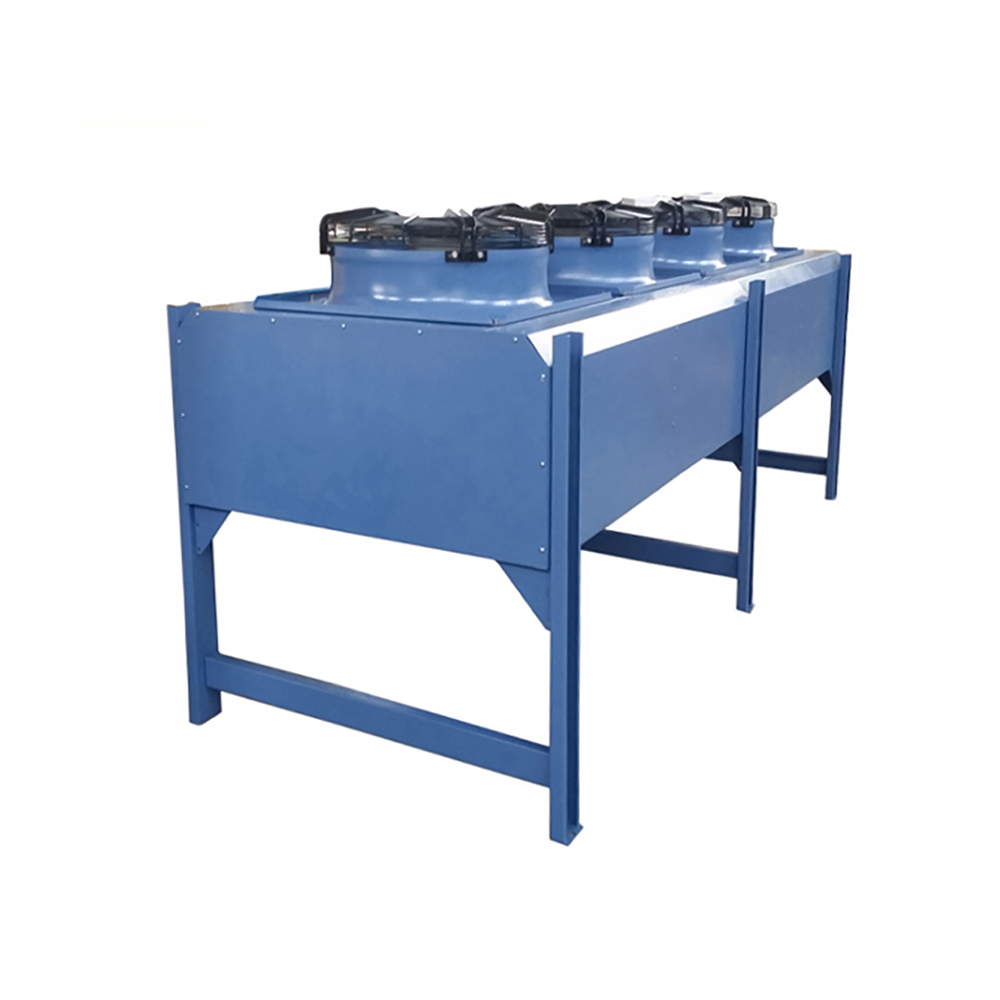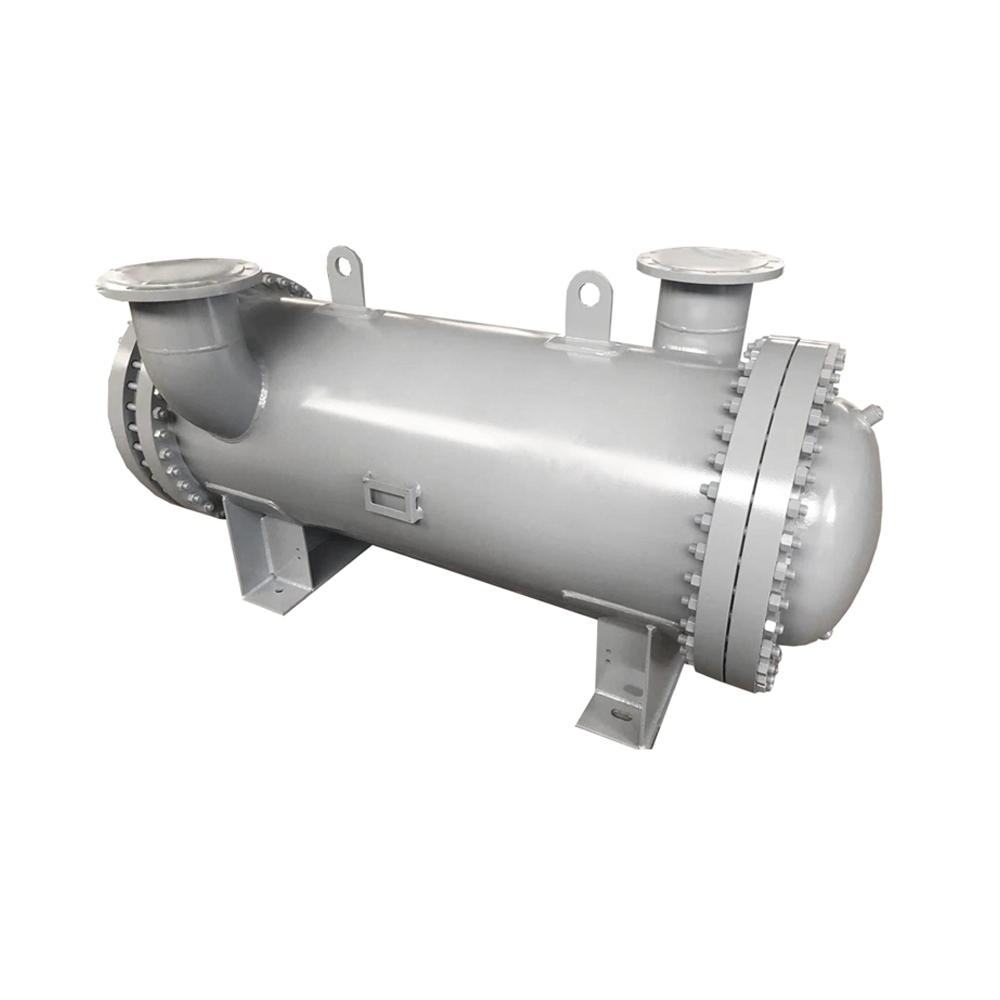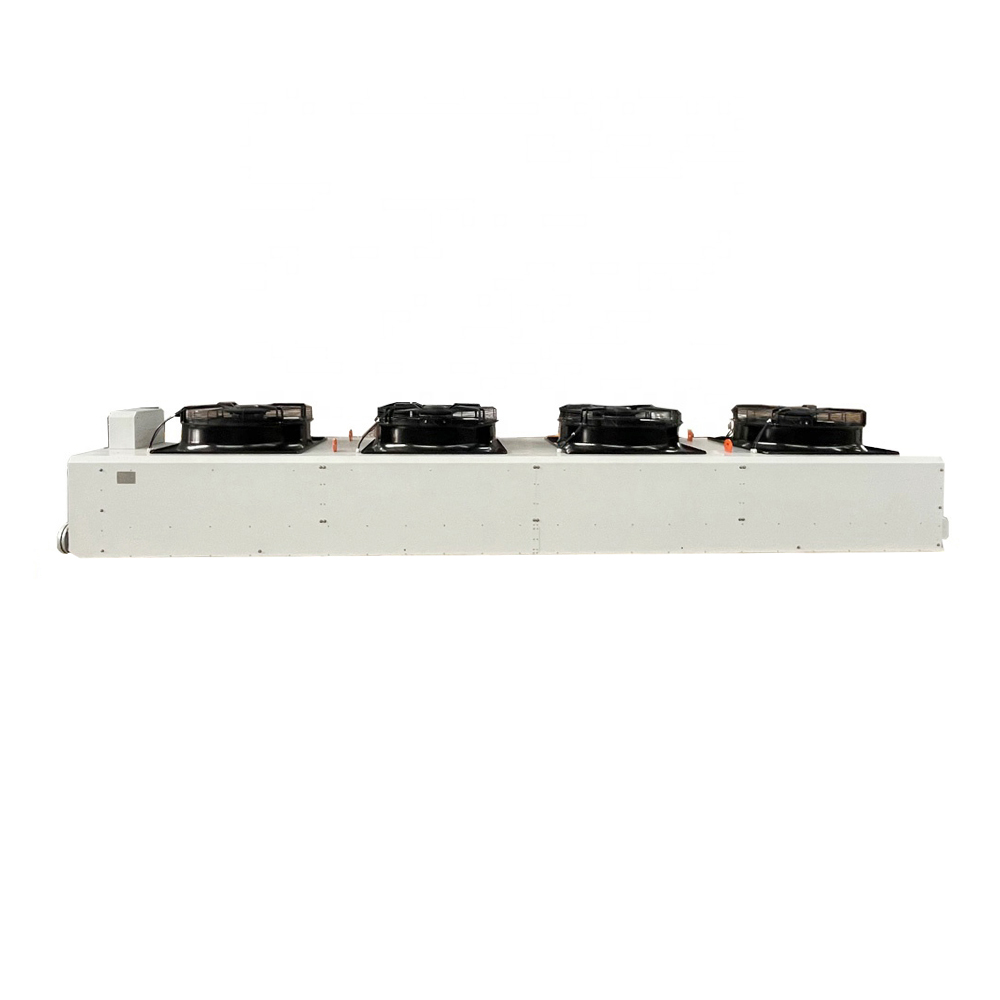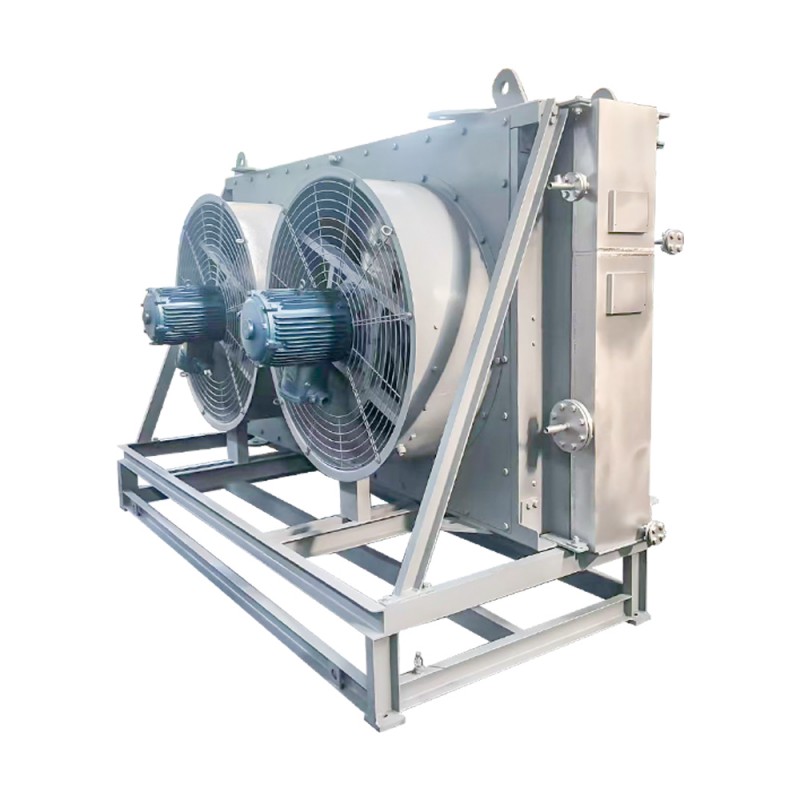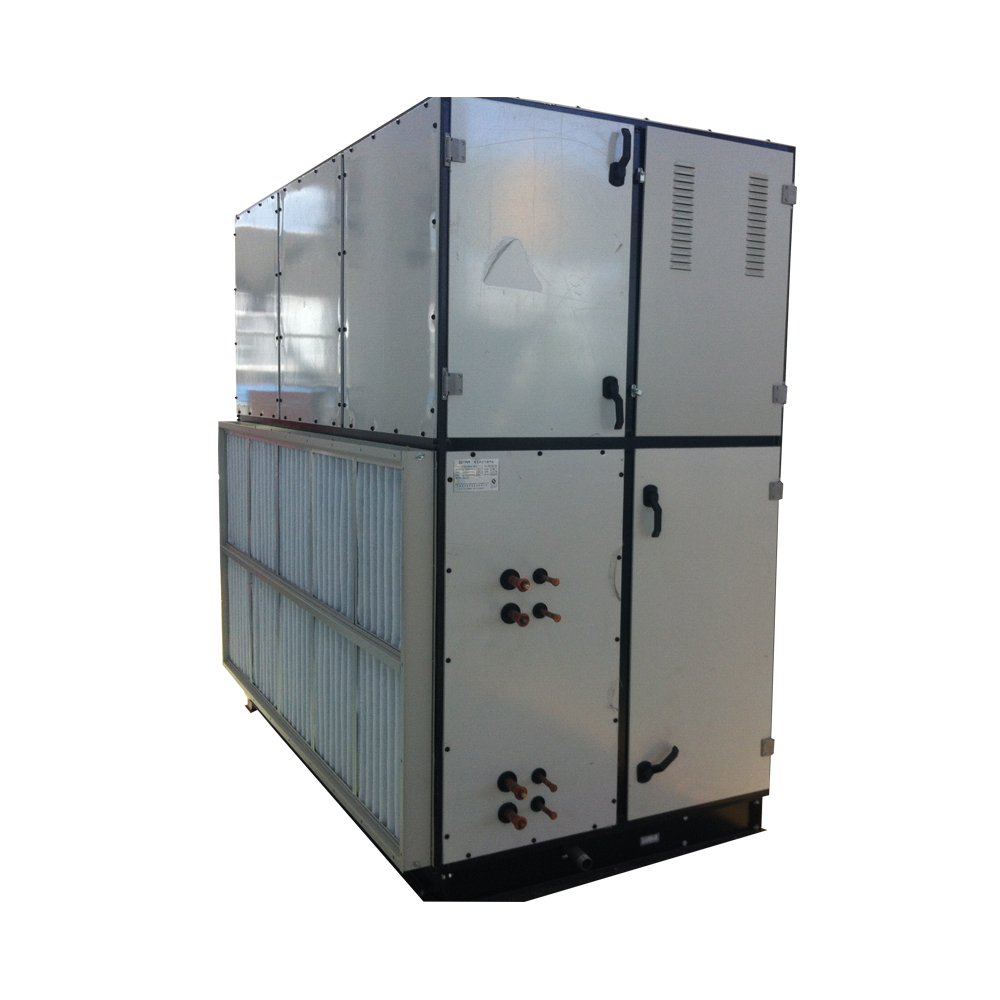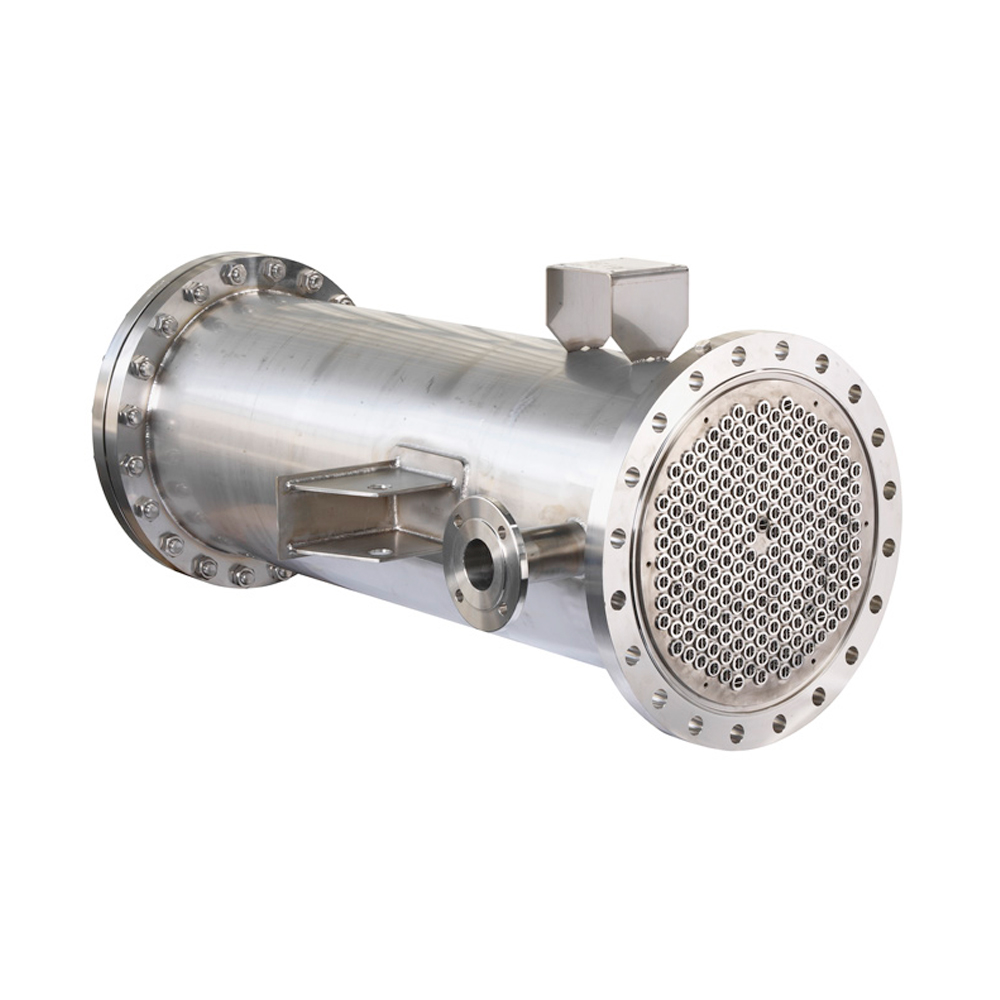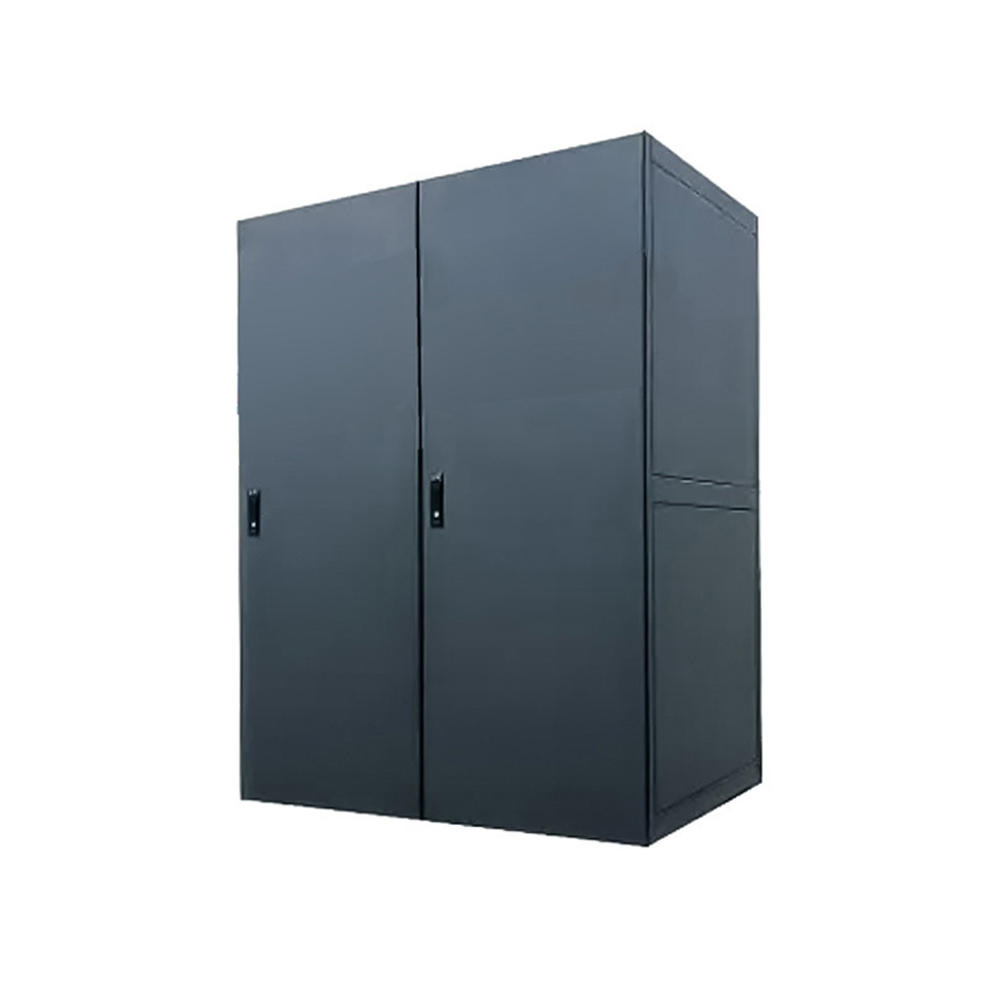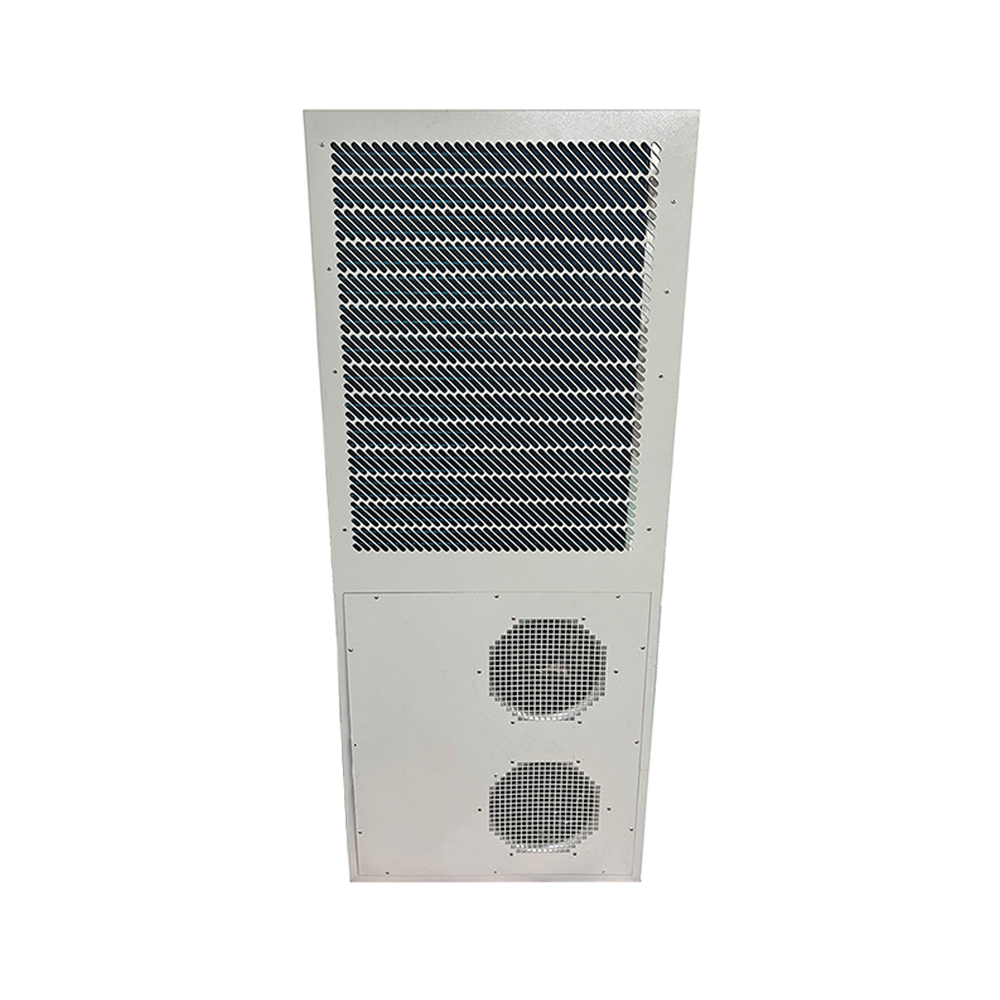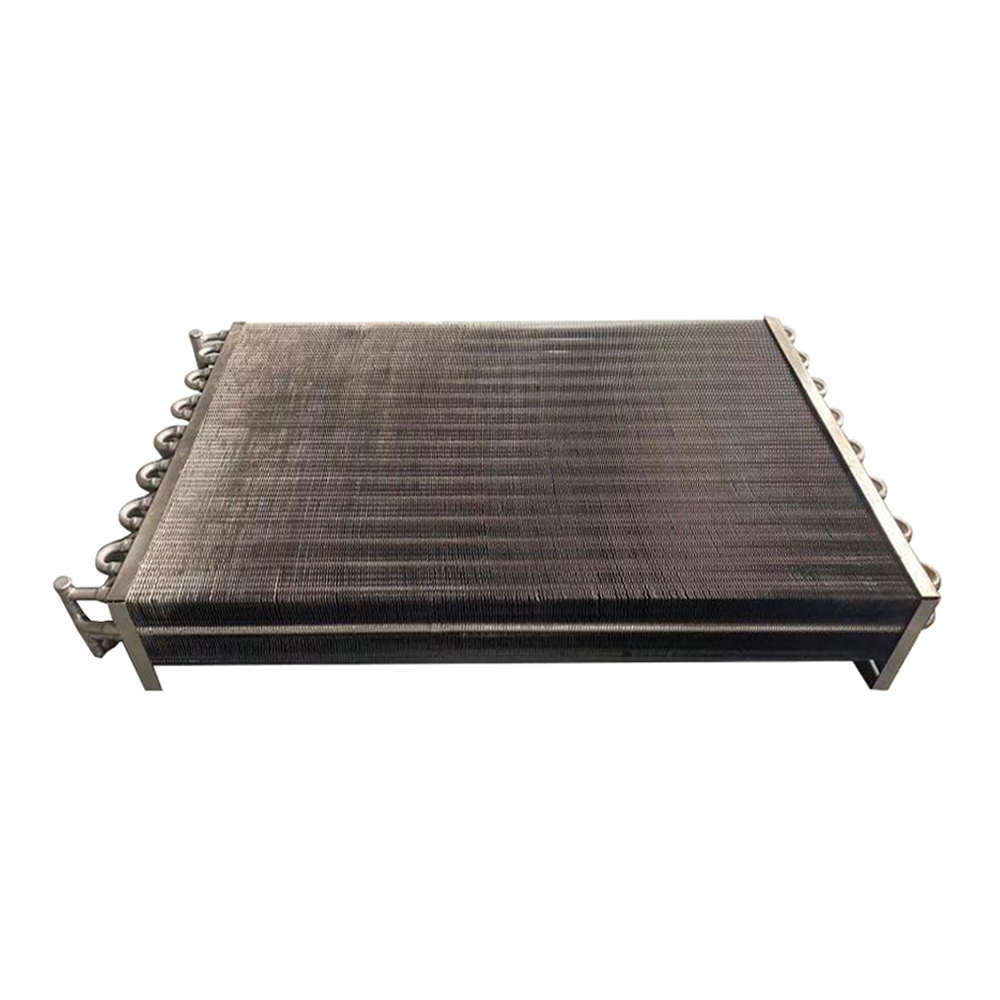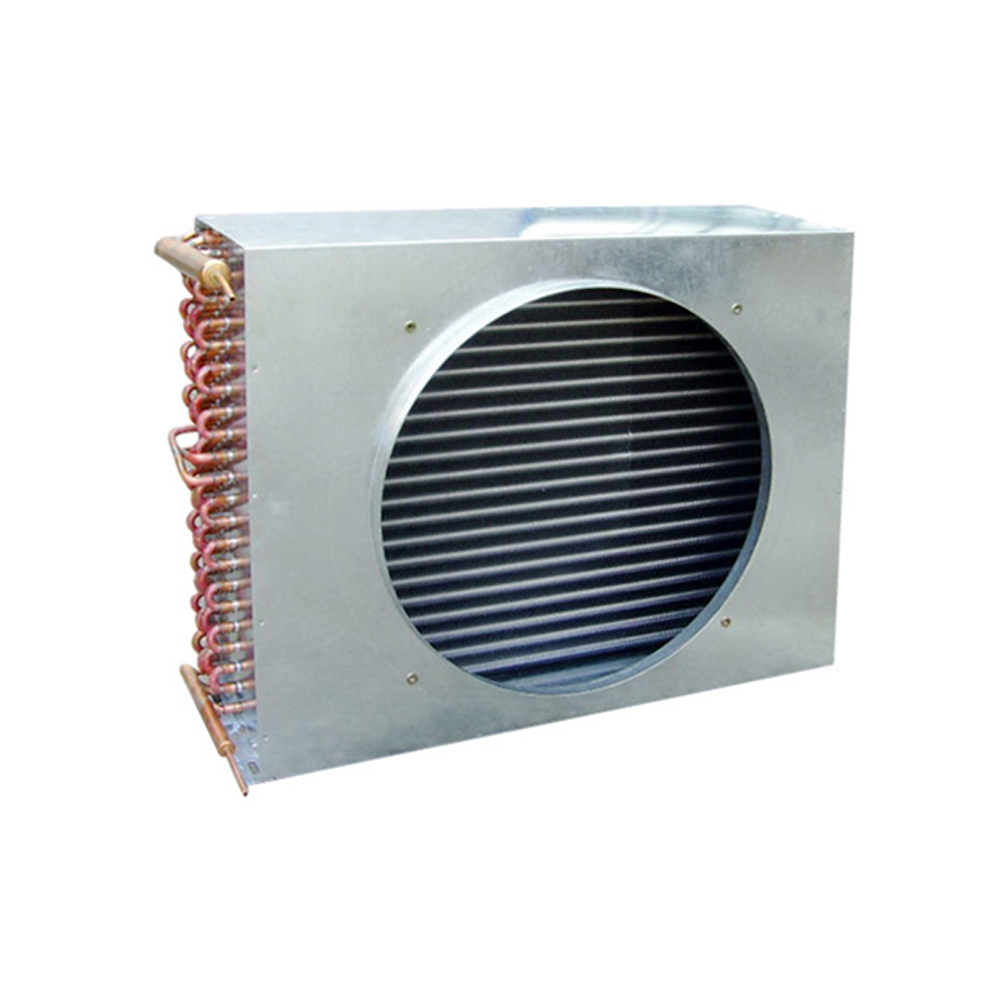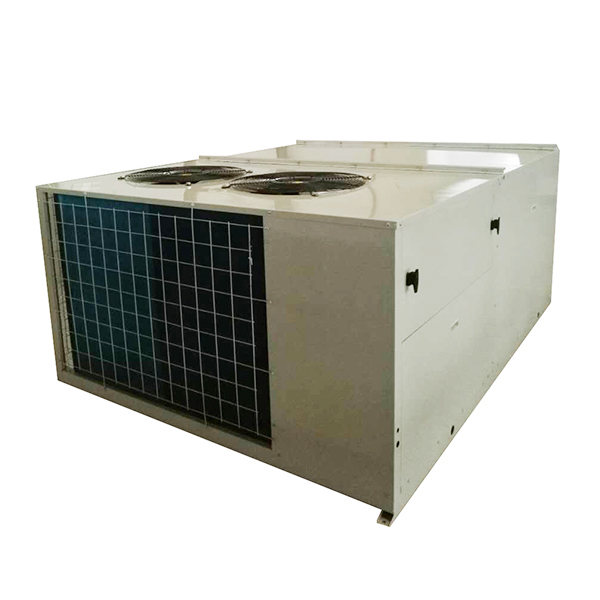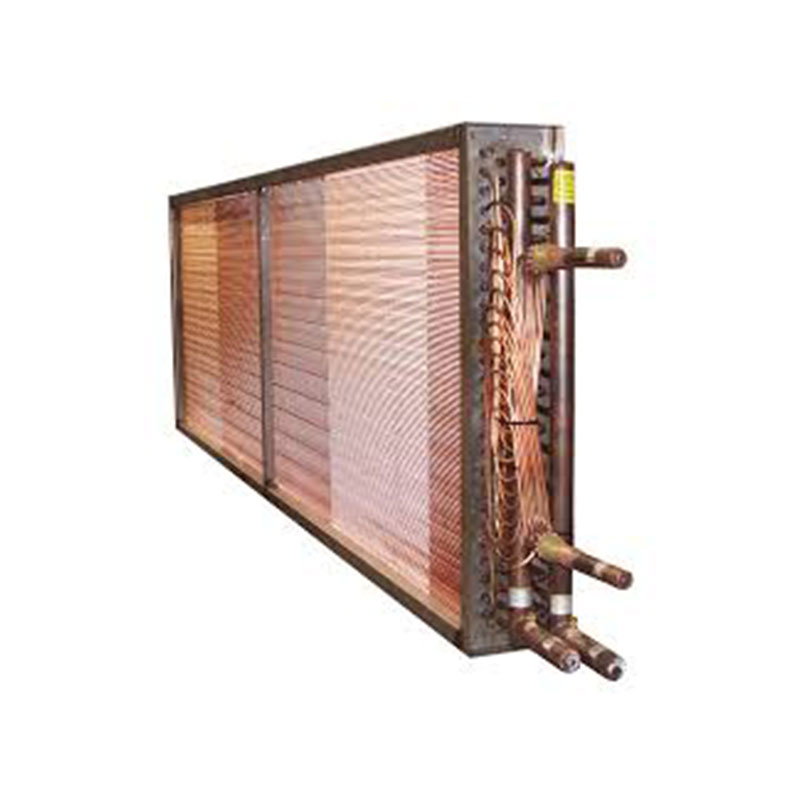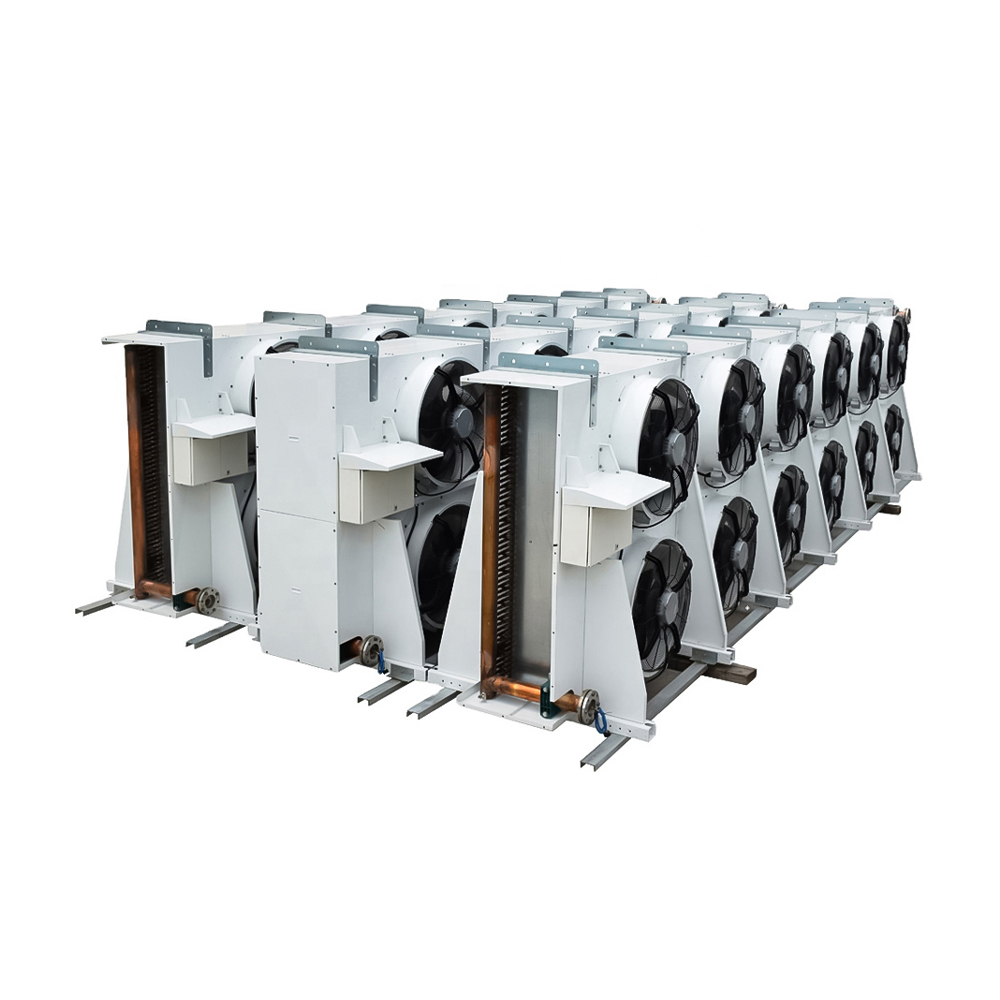This guide helps you navigate the market for cheap shell and tube condensers, providing insights into selecting the best option based on your specific requirements and budget. We'll cover key factors to consider, types available, and offer practical tips for making an informed decision. Learn how to balance cost and performance to find the ideal shell and tube condenser for your application.
Understanding Shell and Tube Condensers
What is a Shell and Tube Condenser?
A shell and tube condenser is a type of heat exchanger used to condense a vapor into a liquid. It works by transferring heat from the vapor to a cooling fluid, typically water. The vapor flows through the tubes, while the cooling fluid circulates around the tubes within a shell. This design provides efficient heat transfer due to the large surface area contact between the vapor and the cooling fluid. Choosing the right cheap shell and tube condenser involves considering several crucial factors.
Types of Shell and Tube Condensers
Several configurations exist, influencing efficiency and cost. These include single-pass, multi-pass, and U-tube designs. Each has different advantages and disadvantages concerning pressure drop, heat transfer efficiency, and maintenance requirements. The selection depends on the specific application and desired performance characteristics. For example, a multi-pass design might be more compact but potentially have a higher pressure drop compared to a single-pass design.
Key Factors to Consider When Choosing a Cheap Shell and Tube Condenser
Material Selection
The material of the tubes and shell significantly impacts the shell and tube condenser's lifespan and cost. Common materials include copper, stainless steel, and carbon steel. Copper offers excellent heat transfer properties but can be more expensive. Stainless steel provides corrosion resistance, making it suitable for specific applications. Carbon steel is a cost-effective option but may require additional protection against corrosion. The choice depends heavily on the fluid being condensed and the operating environment.
Capacity and Performance
The condenser's capacity is determined by its ability to handle a specific amount of vapor. This capacity is crucial in matching the requirements of your application. It's important to consider factors like the heat duty, the vapor flow rate, and the required cooling water flow rate when selecting a cheap shell and tube condenser. Insufficient capacity can lead to inefficient operation or even equipment failure.
Maintenance and Longevity
While aiming for a cheap shell and tube condenser, it's essential to consider long-term maintenance costs. Ease of cleaning and accessibility for inspection and repair are vital factors. Some designs are easier to maintain than others, reducing downtime and potential repair expenses. Consider the expected lifespan and the cost of replacement parts when evaluating different options.
Finding Affordable High-Quality Shell and Tube Condensers
Balancing cost and quality is key. It's advisable to research reputable manufacturers and suppliers who offer a warranty and provide technical support. Don't compromise on quality to save a few dollars upfront; a poorly designed or manufactured shell and tube condenser will likely lead to increased maintenance, repairs, and even premature failure, ultimately costing you more in the long run. Consider contacting experienced suppliers like Shanghai SHENGLIN M&E Technology Co.,Ltd for expert advice and customized solutions.
Comparison Table: Materials & Costs
| Material | Heat Transfer Efficiency | Corrosion Resistance | Approximate Cost |
| Copper | Excellent | Good | High |
| Stainless Steel | Good | Excellent | Medium |
| Carbon Steel | Fair | Low | Low |
Note: Cost is relative and varies based on market conditions and supplier.
Finding a cheap shell and tube condenser requires careful consideration of various factors. Prioritizing your needs, researching thoroughly, and consulting with experts will help you make the best decision for your application. Remember, the initial cost isn't the only factor to consider – long-term performance and maintenance costs play a significant role in the overall cost of ownership.









